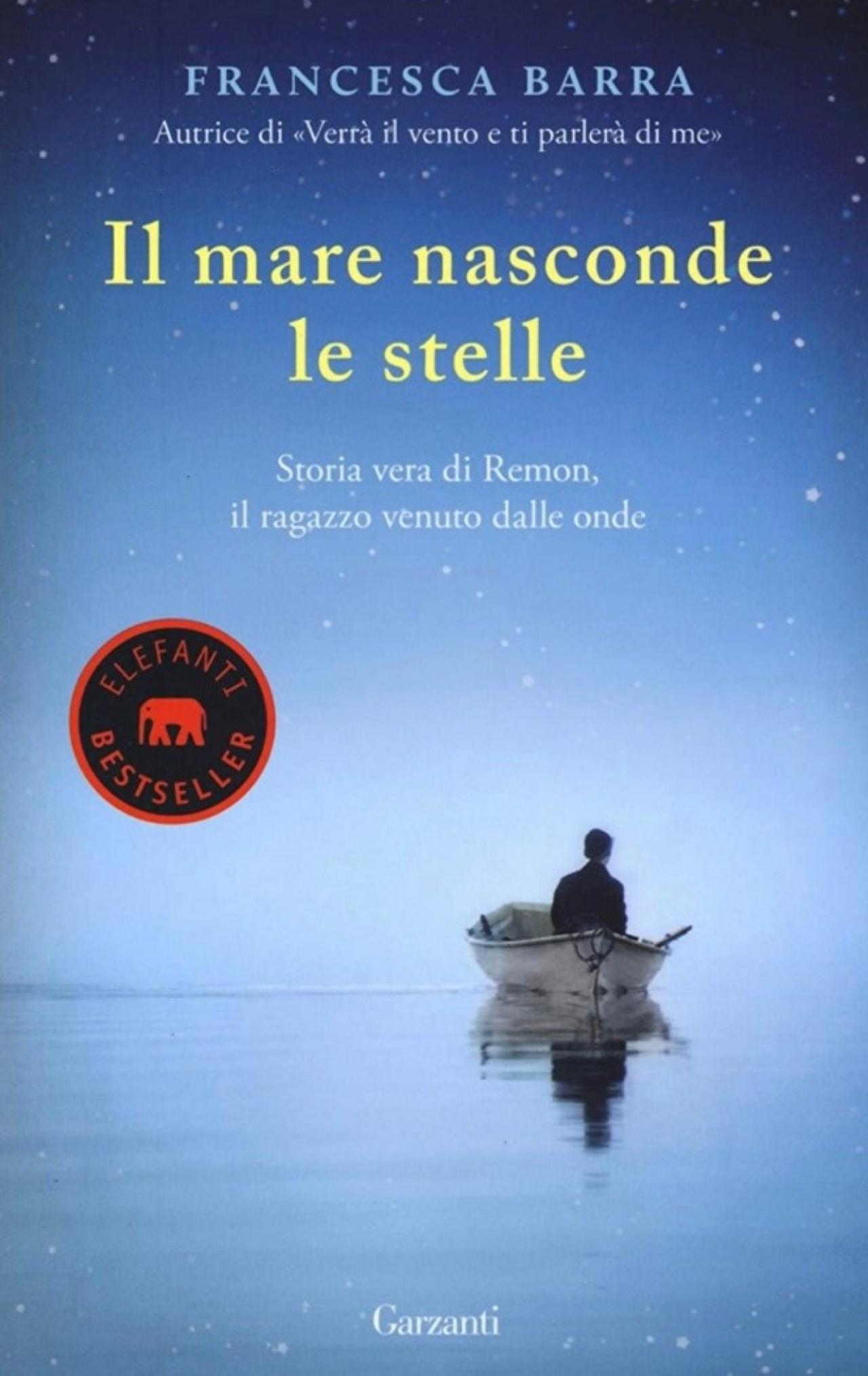- The Secret Journey of a 14-Year-Old Dreamer
At just 14 years old, Remon made the difficult choice to leave his homeland. His dream was to become a computer engineer, a profession that he believed would make his parents proud. However, he quickly realized that achieving such a goal in Egypt, with its unstable political environment and limited opportunities, would be challenging. Driven by a desire to find a better future, he embarked on a perilous journey that took him from Cairo to Alexandria, and eventually, across the Mediterranean Sea to Italy.
Remon's departure from Cairo was shrouded in secrecy. He hadn't informed anyone except his brother, fearing that his family would try to prevent him from leaving. With a photo of his brother as his only keepsake, he boarded a bus in Alexandria, joining a group of migrants who shared his hopes for a better life. Among them was Mustapha, a boy his age with whom he formed a bond during those uncertain moments.
Before they could board the boat, the group of migrants, including Egyptians and Syrians, were held in a small, confined room by the smugglers. The smugglers contacted Remon's parents, demanding a ransom of 4,000 euros, threatening to throw their son overboard if they didn't pay. In a heart-wrenching decision, Remon's father sold his ancestral land, his mother's jewelry, and borrowed money to save his son's life. Reflecting on this, Remon would later say, "My father gave me life twice: once when I was born, and once when he saved me from the sea traffickers."
The group of 180 migrants, including Egyptians and Syrians, represented a cross-section of humanity in distress. Among them were the elderly, young children, and even new-borns—people who had no other choice but to flee. They were packed onto a small, overcrowded fishing boat, and for seven harrowing days, they drifted at sea, hoping for salvation. The conditions on the boat were abysmal. The migrants were given barely enough food to survive, subsisting on rice cooked in saltwater, with a single plate shared among ten people. Water was scarce, and when provided, it was often tainted with gasoline, a cruel tactic used by the smugglers to suppress their thirst. Remon, being just a child, struggled to assert himself in this harsh environment, often feeling like he was on the brink of despair.
During those seven days, the smugglers repeatedly promised that they were nearing their destination, but each day ended with the same grim realization that they were still lost at sea. Desperation set in, and at one point, Remon even prayed to be captured by Libyan forces, believing that they might return him to his family—unaware that such a fate could likely end in death. As the days dragged on, the situation became increasingly dire.
Despite the overwhelming fear and uncertainty, Remon found comfort in prayer. On the small, crowded boat, Muslims and Christians turned to their faith for comfort and supported each other despite their religious differences. As a Coptic, Remon has faced discrimination - his cousin was killed by religious extremists. Nevertheless, he has never believed that religion itself dictates morality. On the contrary, he recognises that some people use religion as a pretext to justify their crimes. Rather than dwelling on religious differences, Remon has chosen to focus on the inherent goodness in people, whatever their beliefs.
- A New Home, A New Hope: Inspiring Others on the Journey from Numbers to Names
After seven days, the boat finally reached Italy. But upon arrival, Remon was no longer seen as a person—he had become a number, one of the many migrants dehumanized by the system. For two months, he waited in a state of limbo in a detention centre, feeling lost and forgotten. But then, a glimmer of hope appeared in the form of Marilena and Carmelo, an Italian couple who took him into their home. Although Remon was never officially adopted by Marilena and Carmelo, he considers them his second parents. The first night he spent with them, Marilena kissed him goodnight, an act of kindness that filled him with a profound sense of comfort and belonging. It was in that moment that Remon realized they truly saw him as their son, regardless of the name on his birth certificate.
Remon expresses immense gratitude to both his biological and his Italian parents, acknowledging that he owes his life and success to all of them. His Egyptian parents gave him life and a moral foundation, while his Italian parents provided him with the support and opportunities to pursue his dreams. Today, Remon holds a degree in Modern Languages and Cultures, and another in Languages for Intercultural Communication and International Cooperation—a testament to his determination and the love and support he received along the way.
Despite his achievements, Remon is acutely aware that he is one of the few lucky ones. Many young migrants are left to navigate the world alone, without the support that he received. This isolation often leads to vulnerability and, in some cases, pushes them towards criminal activities—not because of their nationality, but because of the lack of other options.
Remon's experiences have made him a passionate advocate for migrant rights. He has worked with organizations such as UNICEF Italy and Amnesty International Italy. He is also the co-founder and current vice president of "Nuova Speranza" (New Hope), an association dedicated to promoting human rights. Through his writing and public appearances, Remon seeks to change the narrative surrounding migrants, emphasizing the need for compassion and understanding. He has been featured in several documentaries, walked the red carpet at the Venice Film Festival, and even authored a book. Remon has also been invited to speak at the Italian Parliament on two occasions, using these platforms to shed light on the plight of migrants and to push for systemic change.
However, despite living in Italy for over 11 years and excelling in both his studies and work, Remon still faces the challenge of obtaining legal status. In Italian law, migrants often come second, with citizenship taking precedence over education, qualifications, and experience. This creates significant barriers to integration, especially in the professional sphere, where many public competitions require Italian nationality. The media exacerbates these issues by sensationalizing crimes committed by migrants, feeding into stereotypes and reinforcing racism—a tactic frequently exploited by the far-right. Remon is determined to counter this narrative by sharing his story and the stories of other migrants, highlighting their humanity and their contributions to society.
CONCLUSION
Through his work, Remon aims to inspire young people and to urge institutions to act. He believes that with the right support, anyone can overcome their circumstances and achieve their dreams. His story is a powerful reminder that even in the darkest times, hope can shine through, and that with the help of good people, dreams can indeed come true.
Written by Sofiane Youssef


